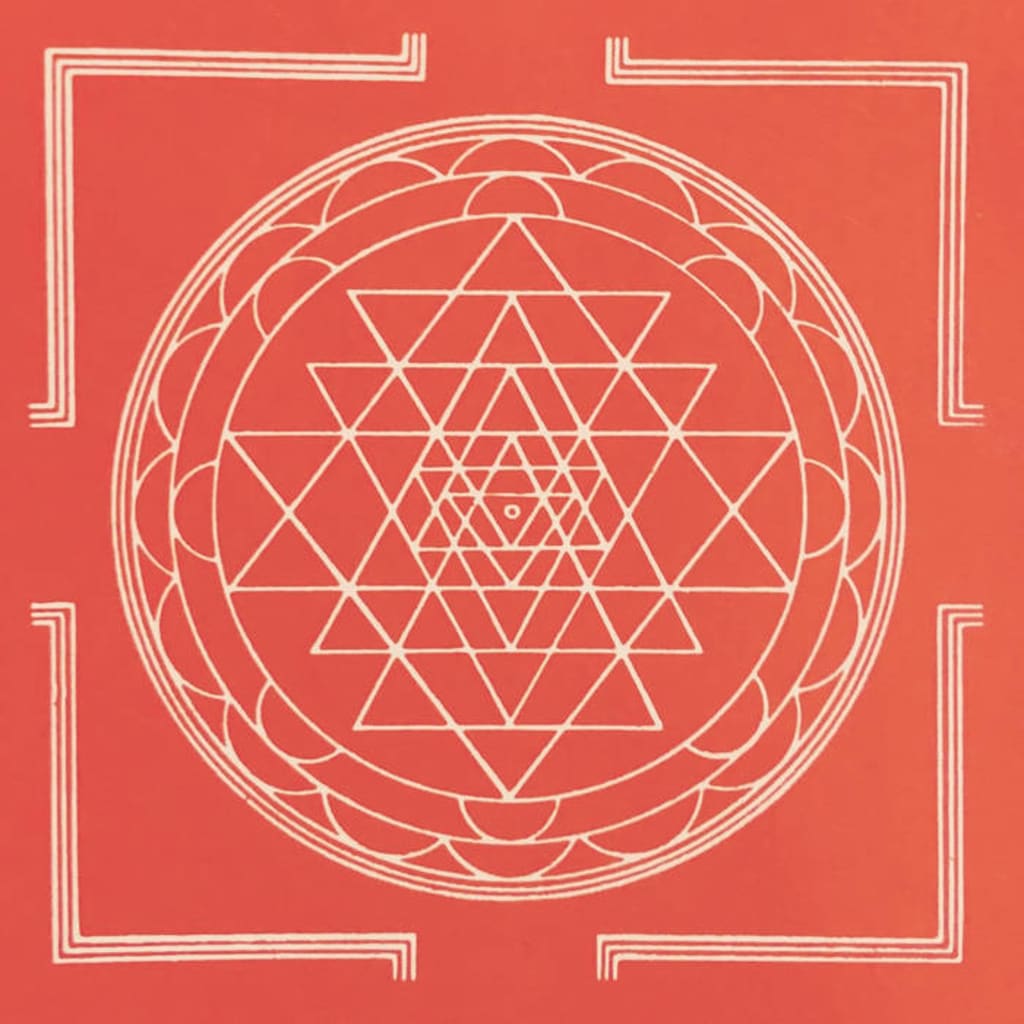
As we will see in this review of The Chalk Line (Jaula), the Spanish film by Ignacio Tatay distributed by Netflix, however, sometimes it is possible to find some small and unexpected pearls of this type of cinema. Tatay’s film is a thriller which, although starting from a premise that knows a little something already seen and developing following a rather canonical narrative path (excluding the final act, which amazed us), builds the tension well, involving the spectator in a crescendo of anguish. The atmospheres are typical of the psychological thriller, which has illustrious predecessors in the cinema of the Iberian Peninsula, the first to come to mind during the vision is The Orphanage by Juan Antonio Bayona, (but without the supernatural drift of the latter), a film which, in the same way, starts from a particularly intriguing premise, does not disdain the twists and, above all, can count on the intense interpretation of its protoganist.
The month of October is marked by the arrival in the catalogues of the various streaming platforms of numerous titles of the thriller/horror genre, riding on a renewed interest of viewers for this type of film during the so-called spooky season. Most of the time these are not particularly memorable works, which are lost in the mass of genre products that crowd the schedules in this period. Among the latest names to positively surprise both the insiders and the public we find the Madrilenian Ignacio Tatay, who with his first work entitled The Chalk Line (Jaula) confirmed the good things done in the short production, immediately placing himself at the top of the film charts most viewed on Netflix in most of those countries.
The Chalk Line : The Story
Paula (Elena Anaya) and Simon (Pablo Molinero) are a couple who have been trying unsuccessfully for several years to have a baby. One evening, returning home via a dark country road, they meet a little girl (Eva Tennear) who walks barefoot and completely alone. After she fainted from shock and was rushed to the hospital, the little girl was discovered to be in extremely critical health. Furthermore, the child does not appear to be able to speak and therefore she cannot provide any indications as to who her parents are. The only ones with whom the little girl, whom the doctors deduce is called Clara, manages to establish contact are just Simon and Paula, in particular, the latter manages to calm her right away and make her feel at ease with her. For this reason, the doctors,
Clara, to feel at ease, must enclose her movements in limited areas: to help her, Paula and Simon then draw lines on the floors with chalk, widening more and more – as she gains confidence – her possibilities of movement. After a few days, the child will be able to pronounce a few words, whispered, in German, thus revealing that one of her parents could come from that country. The mystery that surrounds her, however, becomes more and more intricate when Clara suddenly disappears, plunging Paula into total despair: has she gone away alone or has someone kidnapped her? The solution to the riddle could be much closer, and more disturbing than Paula and Simon could ever have imagined.
The Chalk Line : Analysis
As we anticipated, The Chalk Line (Jaula) is a thriller that drags the viewer into a crescendo of tension, this is also thanks to the excellent interpretations of its protagonists, in particular that of Elena Anaya, who gives life on the screen to a multifaceted and convincing character. Her Paula is both fragile and extremely courageous, strong and combative; the relationship he has with little Clara – played by the young Eva Tennear, capable of giving her character a sometimes sinister air, as well as disarming innocence – deeply touches the viewer, who takes sides with this woman moved by a strong maternal instinct, who finds herself struggling alone to save what she believes to be her child. A character who reminded us of a lot of Belén Rueda’s Laura.
The trick of the chalk lines, in which the world of little Clara is enclosed, is particularly effective from a narrative point of view; it is capable of conveying a dual nature and of pushing the plot in different directions: the lines traced on the floor are both a prison and, at the same time, a functional tool to acquire more and more freedom. Duplicity that differently is also embodied by Clara, who at certain moments is considered – by everyone except Paula – guilty of small acts of unexpected violence, but which still transmits fragility and innocence.
If, as we said, the film develops in a rather canonical way, it instead takes by surprise the final act in which, with a sudden change of perspective, the mystery that was hidden behind the origins of the child is revealed. An ending that – albeit perhaps a little hasty – strikes the viewer, revealing the nature of a shocking and unfortunately absolutely human horror (if anyone was left with the doubt of some supernatural explanation of the facts). The Chalk Line (Jaula) took us pleasantly by surprise and we are sure that he will be appreciated as much by lovers of this type of story as by those who only occasionally (maybe only in this period) approach the thriller/horror genre.
The switch in the timeline, which is followed by a drastic change of skin and genre, represents the backlash of a film that finds its raison d’être precisely in the genetic mutation and the way to take the viewer off guard with this. the last one who initially thinks he has to deal with something that then when he least expects it changes shape, colour, tone and substance under his eyes, revealing the truth little by little. The Chalk Line (Jaula) is presented as a truly solid debut from the directorial point of view, with a stylistically and aesthetically mature framework well above the national average of rookies.
The Chalk Line : The Last Words
The Chalk Line (Jaula) is a thriller capable of building and maintaining tension, making it particularly engaging. Excellent interpretation of the protagonist Elena Anaya and a surprising ending. he viewer is pushed to think that the film in question is yet another fictional horror that calls into question the figure of the boogeyman, the babau or the black man if you prefer. The Spanish director, with the complicity in the writing phase of Isabel Peña, is very good at misleading the viewer, throwing a lure that consists in satisfying in all respects the themes and stylistic features of the aforementioned vein, from which it will then be equally good at disengaging to enter the mined territory of the psychological thriller.
About the Creator
MANI KSHATHRIYAN
Thank you for stopping by.... I enjoy writing movie reviews. I would love to become a creative writing teacher and leave the world inspiring minds. do read my stories because it would be of tamil language.






Comments
There are no comments for this story
Be the first to respond and start the conversation.